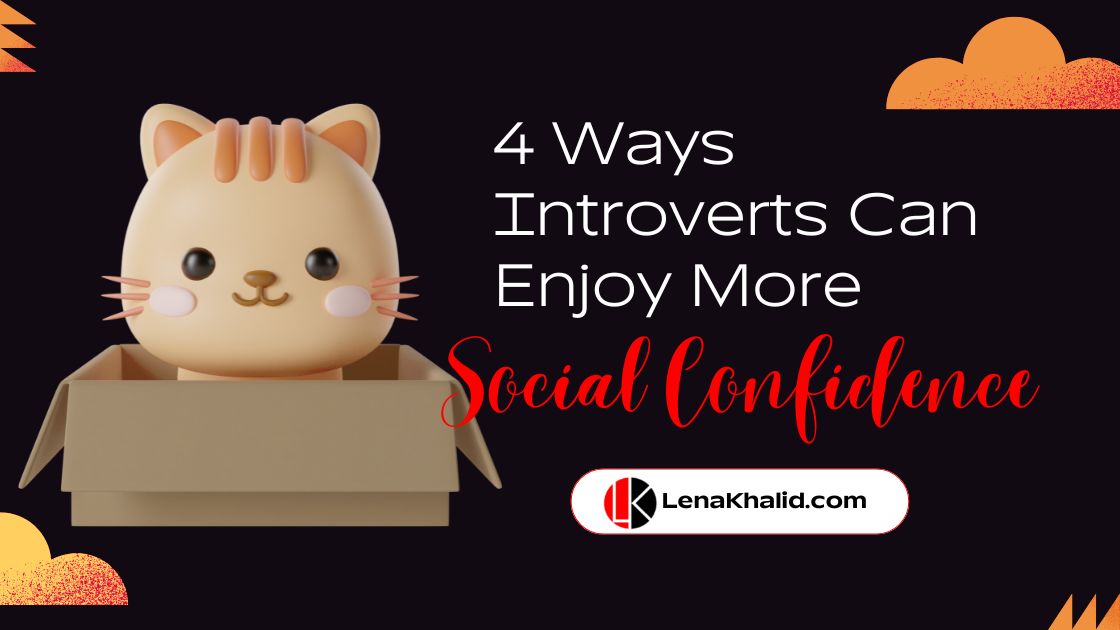
Australian Football Uses Machine Learning To Block Abusive Social Media Posts

Australia’s A-Leagues and players’ union Professional Footballers Australia (PFA) are taking their own steps against online abuse by filtering player’s social media proactively.
They have teamed up with British company GoBubble to use its GoBubble Community machine learning software, designed to hide hateful comments on social media channels.
The software’s claimed to be able to scan words, phrases, symbols, images and even emojis, and check them against previously-observed content. It will be rolled out across the leagues’, clubs’ and players’ accounts in the A-League Men and Women, preventing the person running the account, and their followers, from seeing harmful comments.
Offending posts will still be visible to the sender themselves and to their followers, which the A-Leagues and PFA believe will counter claims of censorship. However, the new software should limit their audience decrease their reach.
“Football has a unique power to connect people from all walks of life, and we want the A-Leagues to be the most welcoming and safe place at every level – in our online communities and in real life,” says A-Leagues chief executive Danny Townsend.
“There is no place for online abuse in our game, and this move is part of our duty of care to players and our fans. GoBubble Community’s technology shields anyone who follows player, club and league accounts from seeing harmful abuse and keeps our communities safe.”
The rollout follows a successful trial of the technology on February 25 and 26 across three clubs’ Twitter accounts, Adelaide United, Melbourne Victory and Central Coast Mariners.
The move is believed to be a world first – but shouldn’t be necessary, says government eSafety commissioner Julie Inman Grant, as the platforms themselves should be doing more.
“It’s great to see the A-Leagues and PFA making good on this pledge and taking a proactive approach to protecting their athletes,” she says.
“eSafety will continue pushing the major tech companies to embed Safety by Design into their platforms so that sporting organisations don’t need to take matters into their own hands to keep their players safe on these platforms.”
Along with women in public life, sports players have been at the forefront of online abuse. In Australia, this has seen Adelaide’s Kusini Yengi receiving racist abuse on Instagram after scoring against Melbourne Victory in March last year, and gay player Josh Cavallo receiving homophobic abuse after a January game against Victory.
Last year, players in English football leagues protested by boycotting social media for four days after a barrage of online racist abuse.




Comments (0)